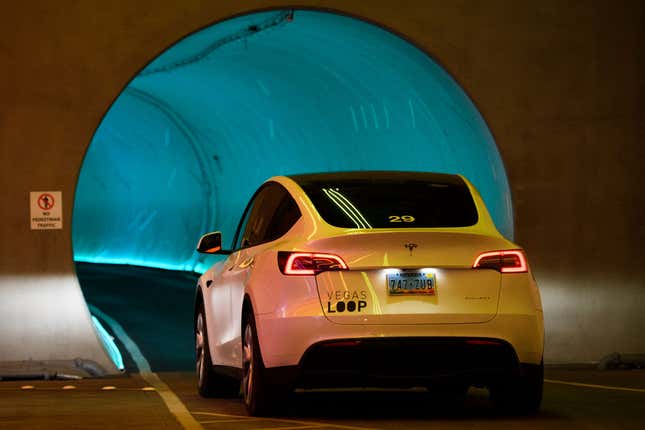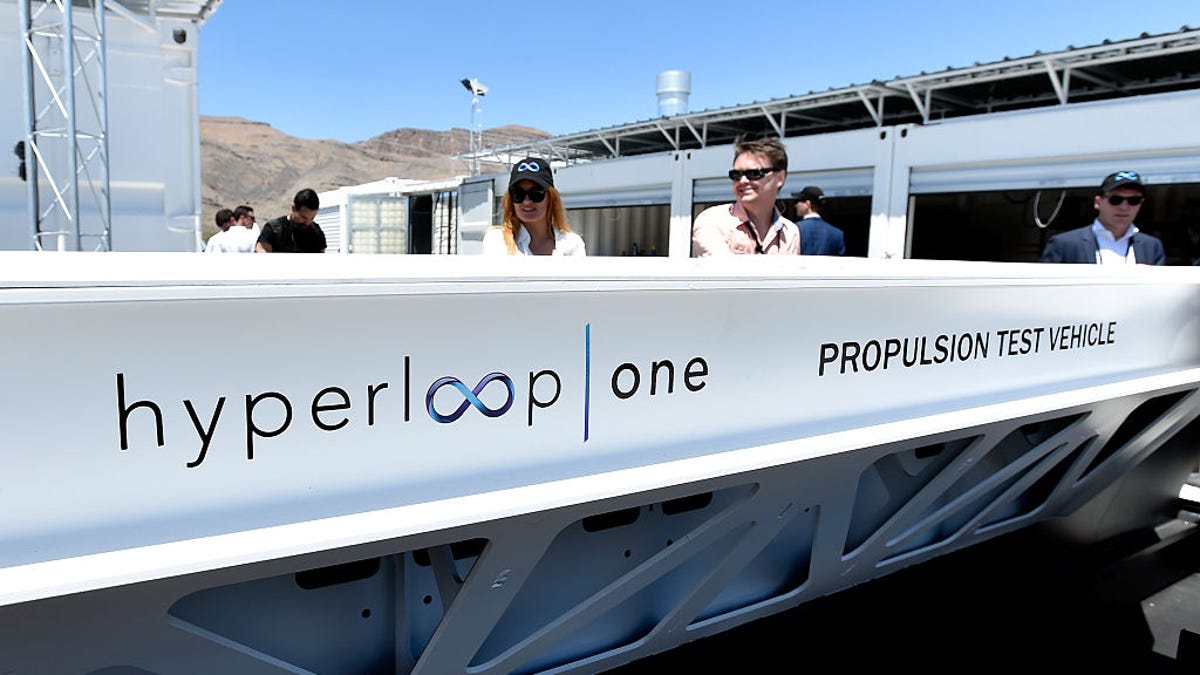Hyperloop One is the company born to bring Elon Musk’s much hyped contention that it would be possible to engineer underground or above-ground virtually airless tubes to facilitate ultra-high speed mass transit to life. That dream now appears dead as the company has laid off most of its employees and is trying to sell its remaining assets.
As with many startups, Hyperloop One had a strong start with over $450 million in initial investment, but as the reality of building an entirely new form of transportation requiring uncharted logistics set in, the company destabilized. It was bought by Richard Branson’s Virgin in 2017, and then was surrounded in scandal up-to its recent demise. Bloomberg reports,
The company had captured the public’s imagination since its founding in 2014, a year after Elon Musk released a white paper outlining a vision for hyperloop technology. The concept was a tantalizing promise of a new kind of transportation technology — and an end to traffic.
But the nascent industry stumbled, and Hyperloop One never won a contract to build a working hyperloop. The company also attracted plenty of attention for the wrong reasons. Co-founder Brogan BamBrogan once arrived at work to find a noose on his chair. And another co-founder, the venture capitalist Shervin Pishevar, stepped aside after Bloomberg reported on sexual harassment allegations against him, which he denied. A one-time director, Ziyavudin Magomedov, was arrested in Moscow on charges of fraud and embezzlement unrelated to Hyperloop One. At the time, Magomedov’s lawyer said he was appealing the arrest.
Although no large-scale hyperloop has been built after years of effort, the concept continues to enchant entrepreneurs. Several hyperloop companies are at various stages of building protoypes, including Hardt Hyperloop, Hyperloop Transportation Technologies Inc. and Swisspod Technologies.
The Hyperloop ran a single test with passengers on its Nevada test track with dismal results. The pod, which was supposed to be operating at speeds in excess of 700 mph, achieved a top speed of 100 mph. Womp womp.

Elon did manage to build a kind of “Hyperloop” that remains alive and well, but is nothing like what was initially promised. Elon’s Hyperloop exists as a single-lane tunnel system that runs beneath the Las Vegas Convention Center that acts as an underground route for standard Tesla vehicles to ferry folks around the 4.6 million square-foot convention center. I have ridden the Tesla Hyperloop several times over my three years attending The SEMA Show and it is incredibly convenient, if a bit extra. This system was intended to expand beyond the convention center, though, which it has yet to do.
In other news, Japan’s bullet train continues to operate flawlessly and ferry nearly a million passengers around the country each day with virtually infallible punctuality and efficiency.

